7 foods for healthy eyes
For brighter eyes and clearer vision, these foods can help.
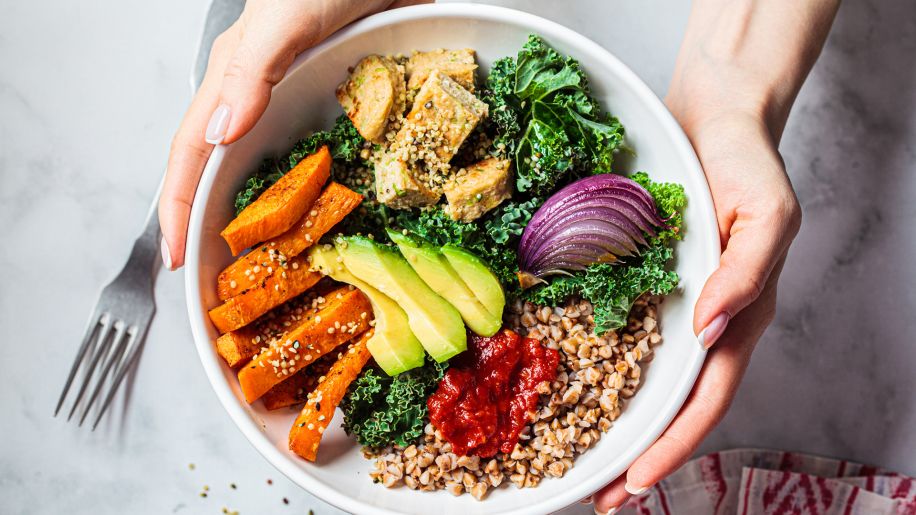
Cooked kale, spinach, collards and turnip greens (along with broccoli and eggs) are crammed full of lutein and zeaxanthin—two powerful antioxidants that may help protect against retinal damage and the onset of cataracts and age-related macular degeneration.
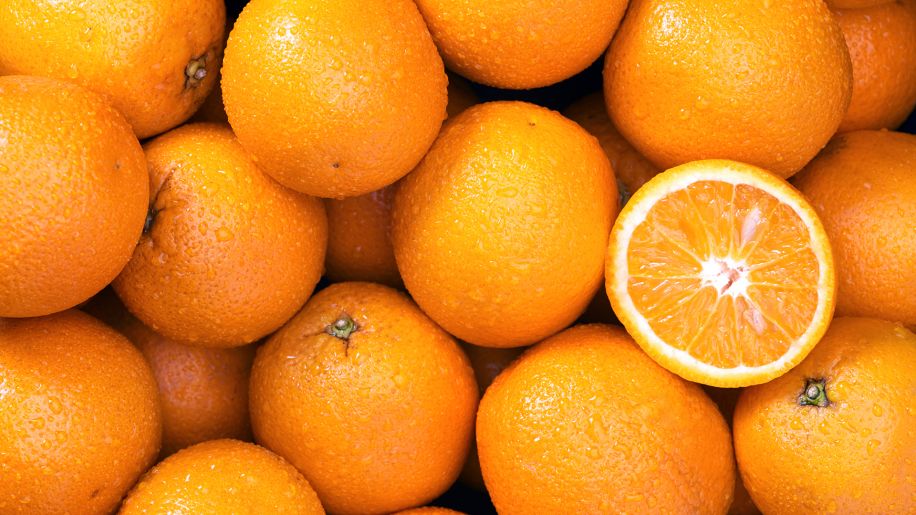
Oranges
Vitamin C-rich fruits and veggies—like oranges, peaches, strawberries, tomatoes and red bell peppers—help support blood vessels in the eye and may reduce the risk of cataracts.

Peanuts
Peanuts are a good source of vitamin E, a nutrient known for protecting eyes from free-radical damage. Vitamin E may also hinder the progression of cataracts and age-related macular degeneration. Almonds, sunflower seeds and hazelnuts are other good sources of vitamin E.
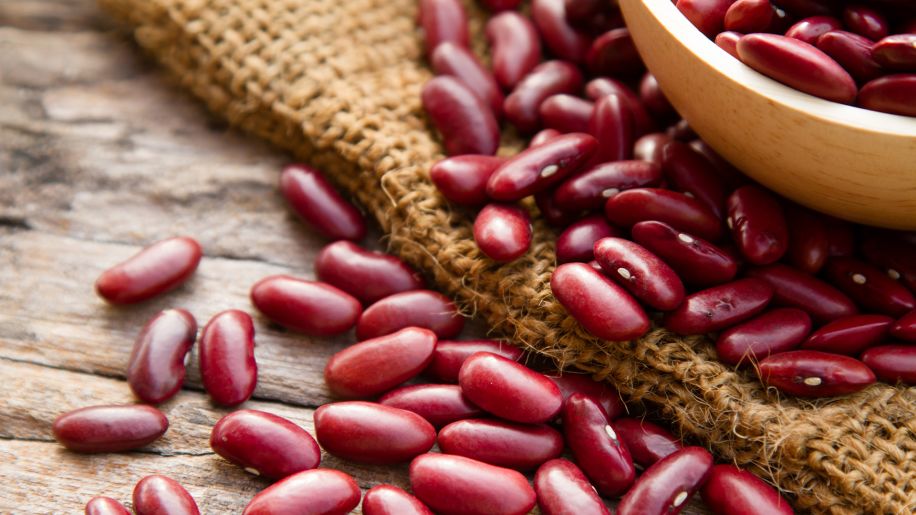
Kidney Beans
Your eyes do love a cup of red kidney beans straight out of the can. Why? Because they are a good source of zinc, a mineral that is vital to eye health. It helps get vitamin A from the liver to the retina for eye-protective melanin production, and proper amounts of zinc help with night vision and… Show More
Your eyes do love a cup of red kidney beans straight out of the can. Why? Because they are a good source of zinc, a mineral that is vital to eye health. It helps get vitamin A from the liver to the retina for eye-protective melanin production, and proper amounts of zinc help with night vision and cataract prevention, too. Oysters are another good source, along with beef, seafood, poultry and pumpkin seeds.
Show Less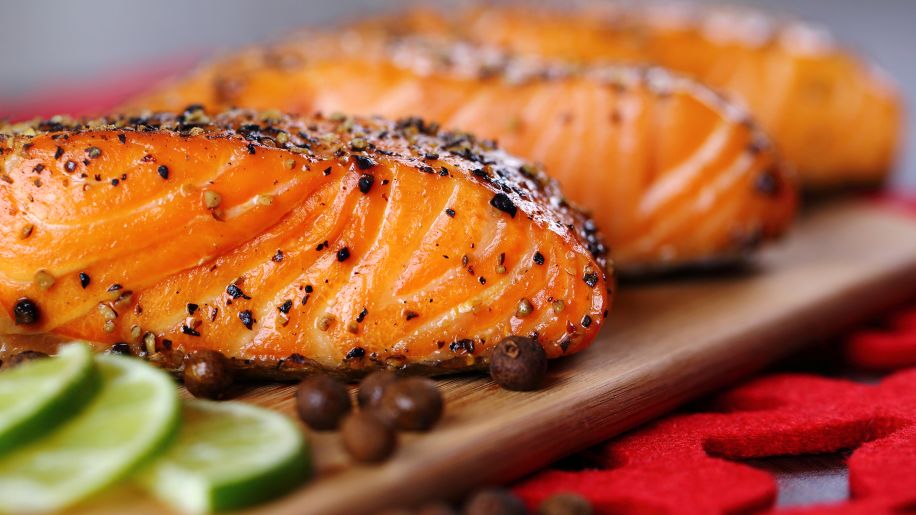
Salmon
Salmon has two types of omega-3 fatty acids—docosahexaenoic acid (DHA) and eicosapentaenoic acid (EPA)—both of which may be important in preventing or slowing down eye diseases. A lack of omega-3s may also contribute to dry eye syndrome. Other omega-3 sources include tuna, sardines, walnuts and flaxseeds.
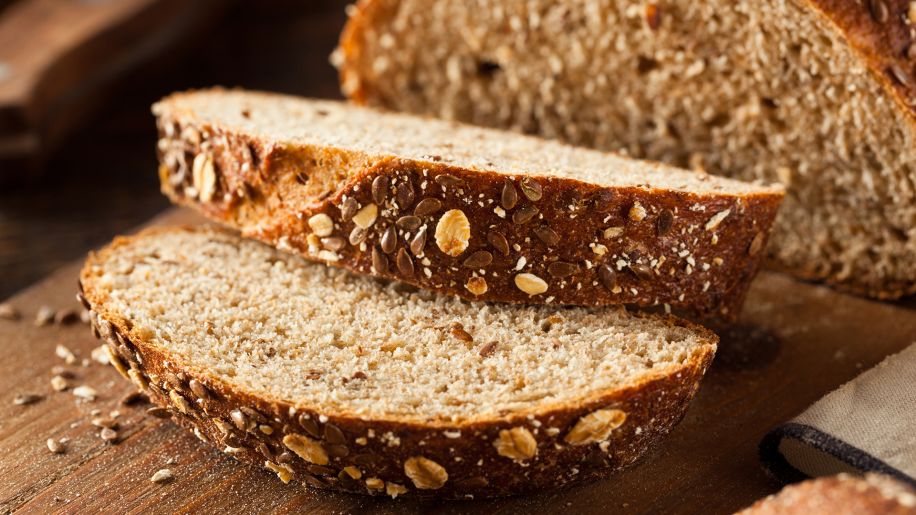
Whole Grains
A recent study suggests that a low-glycemic-index (GI) diet may reduce the risk of age-related macular degeneration (AMD) by almost 8 percent. One way to quickly lower the GI of a meal? Use high-fiber whole grains instead of refined carbs. Think quinoa, brown rice, whole oats and whole-wheat breads… Show More
A recent study suggests that a low-glycemic-index (GI) diet may reduce the risk of age-related macular degeneration (AMD) by almost 8 percent. One way to quickly lower the GI of a meal? Use high-fiber whole grains instead of refined carbs. Think quinoa, brown rice, whole oats and whole-wheat breads and pasta rather than products made from refined grains or refined, enriched flour.
Show Less
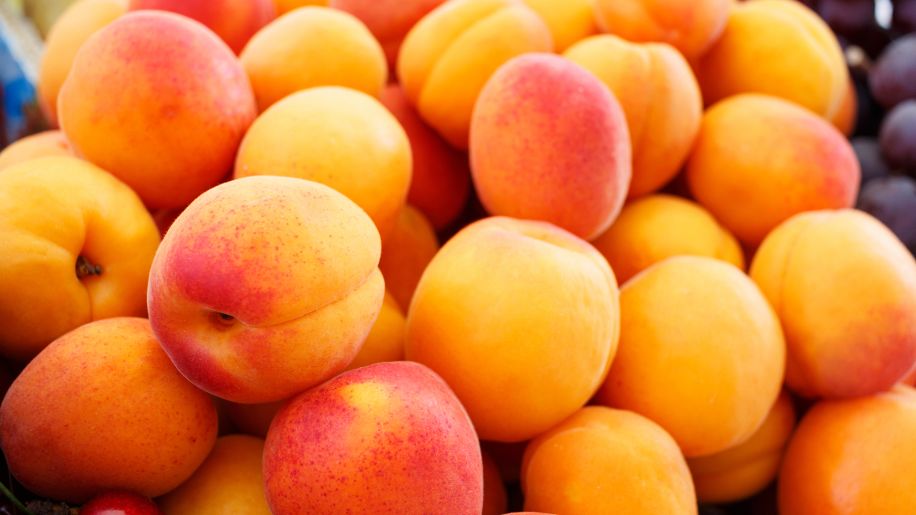
Apricots
Trouble seeing at night? Maybe some apricots are in order. Apricots are rich in beta carotene, a carotenoid that the body converts to vitamin A. And research shows beta carotene may help with night vision—and possibly even play a part in preventing cataracts. Carrots, sweet potatoes, cantaloupe and… Show More
Trouble seeing at night? Maybe some apricots are in order. Apricots are rich in beta carotene, a carotenoid that the body converts to vitamin A. And research shows beta carotene may help with night vision—and possibly even play a part in preventing cataracts. Carrots, sweet potatoes, cantaloupe and winter squash are other great sources of beta carotene.
Show Less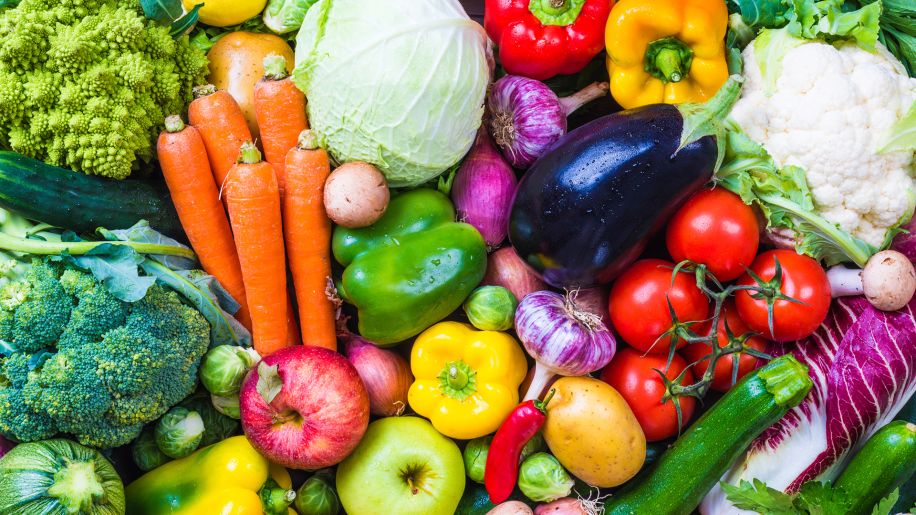
Do the Combo
Emerging research suggests that getting eye-supporting nutrients in combination—in the context of a low-glycemic-index diet—may have the most profound effect on slowing age-related macular degeneration (AMD). So do your eyes an even bigger favor: Don't focus on a single nutrient. Instead, eat a… Show More
Emerging research suggests that getting eye-supporting nutrients in combination—in the context of a low-glycemic-index diet—may have the most profound effect on slowing age-related macular degeneration (AMD). So do your eyes an even bigger favor: Don't focus on a single nutrient. Instead, eat a wide variety of fruits and vegetables, choose healthy fats and high-fiber carbs and reduce your intake of red meat, sugars and refined flours.
Show LessFeatured Content

article
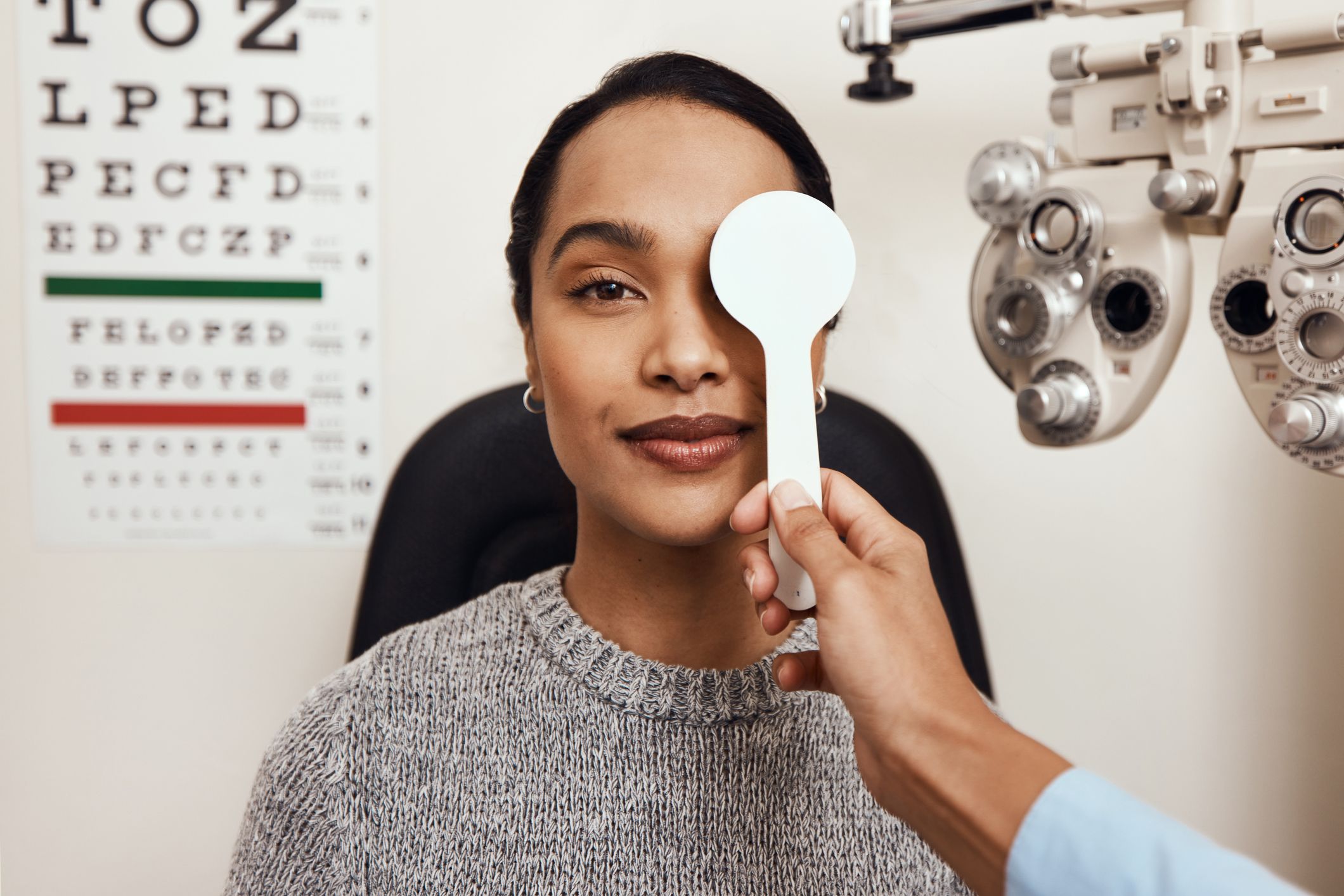
article
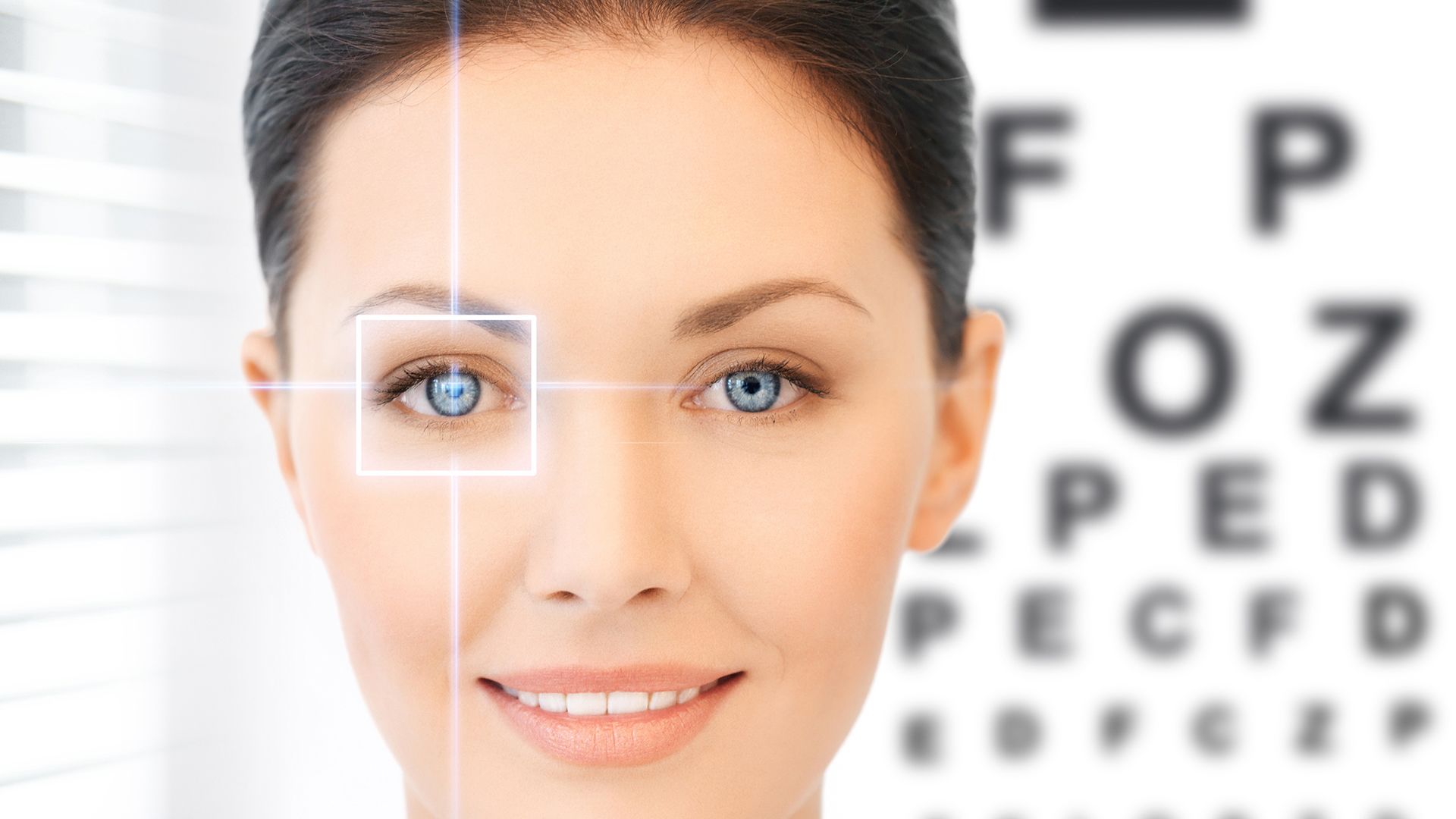
article
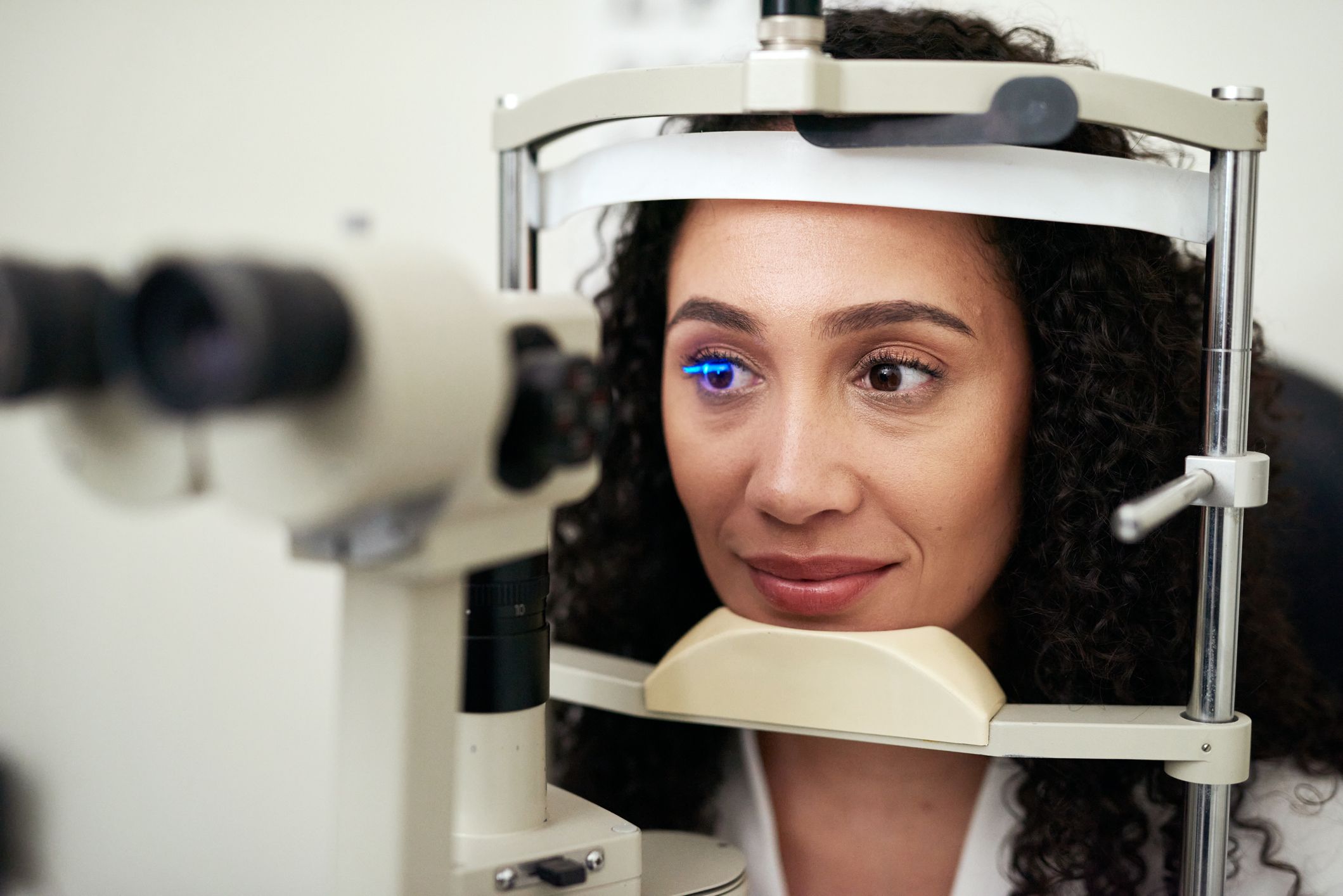
article


video
